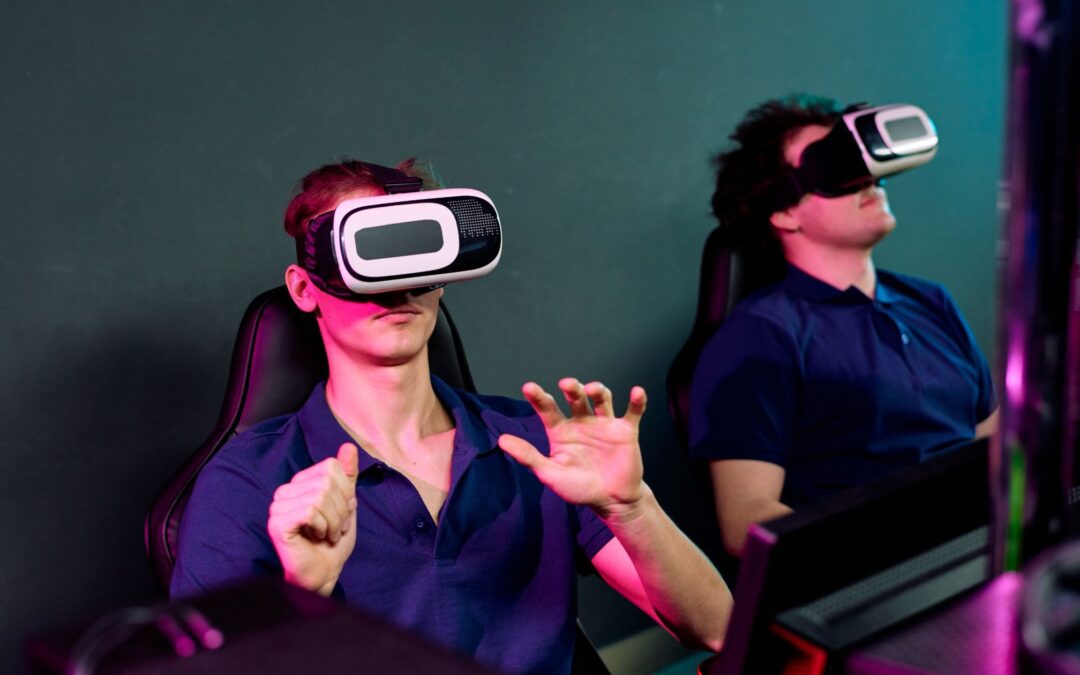Virtual reality (VR) technology has held transformative potential in the last few decades, and one such prospect has been the competitive eSports field, offering immersive experiences that could transform both the player and spectator sides of the industry. As VR headsets and accompanying hardware become more sophisticated and accessible, the potential for VR to enhance and redefine eSports grows.
Changing formats
Integrating VR into eSports could fundamentally change gameplay dynamics. Traditional eSports like League of Legends and Counter-Strike demand quick reflexes and strategic thinking. VR titles, however, bring an additional layer of physicality and spatial awareness. Games like Echo Arena and Beat Saber exemplify this shift, requiring mental acuity, physical dexterity, and stamina. This hybrid of physical and mental challenges could diversify the skill sets valued in eSports, potentially attracting a broader range of athletes and redefining what it means to be an eSports professional.
Spectatorship in VR eSports could also offer a more immersive experience, stemming not from a fixed camera angle – but from within the game environment itself. This level of immersion could engage audiences more deeply, fostering a connection to the game and its players that flat-screen viewing cannot match. Virtual arenas could host thousands of spectators worldwide, allowing fans to interact with each other and the game in real time, creating a sense of presence and community.
New resources
The potential for VR to create entirely new eSports genres is equally significant. Developers, in this sense, would not be limited to traditional game mechanics and could explore novel forms of interaction and competition. These changes could lead to developing more games specifically designed for VR – potentially from major first-party developers – which could expand the competitive eSports landscape.
Training and practice in VR could also see dramatic improvements. The immersive nature of VR can provide a more engaging and effective training environment. Players can practice in scenarios that replicate high-pressure situations, enhancing their preparedness for actual competitions. Additionally, VR could offer advanced analytics and feedback systems, allowing players to analyze their performance in greater detail and make precise adjustments to their strategies and techniques.
The future of eSports with VR is not without its uncertainties, but the potential rewards are immense. Moving forward, VR could offer more seamless and immersive experiences, further meshing virtual and real-world sports. The eSports industry stands on the brink of a new era where VR could redefine competitive gaming and its cultural impact. As VR continues to evolve, the synergy between this promising technology and the eSports community will likely become a cornerstone of future digital competition.

